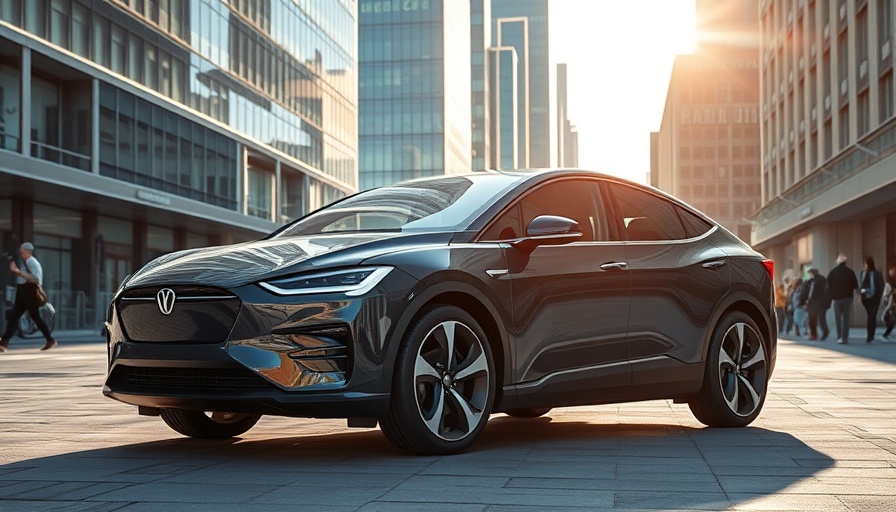
The Future of Electric Vehicles: An Overview
As we shift into a more environmentally-conscious era, the automotive industry is undergoing a profound transformation. Electric Vehicles (EVs) are at the forefront of this change, promising benefits such as reduced emissions, lower running costs, and innovative technologies. In essence, EVs represent a move away from fossil fuels, aligning with a global push towards sustainability and climate action. But with any new technology, there are pros and cons that potential buyers must consider.
Understanding What Defines an Electric Car
Electric cars encompass a variety of technologies. Battery Electric Vehicles (BEVs) run entirely on electric power without any internal combustion engine (ICE). Alternatively, Hybrid Electric Vehicles (HEVs) blend gasoline engines with electric propulsion, offering flexibility in energy sources. Plug-in Hybrid Electric Vehicles (PHEVs) stand out by allowing drivers to charge their batteries at home while still having access to a gas engine for longer trips. Finally, Fuel Cell Electric Vehicles (FCEVs), though limited in availability due to infrastructure challenges, use hydrogen to generate electricity, emitting only water vapor. Understanding these distinctions is crucial as you consider joining the EV revolution.
Pros of Electric Vehicles
Switching to an electric vehicle can offer numerous advantages:
- Cost Savings: EVs typically boast lower operational costs since electricity is cheaper than gasoline, and maintenance needs are minimal without an ICE.
- Environmental Impact: By driving an electric vehicle, you're contributing significantly to lower greenhouse gas emissions, especially if your electricity comes from renewable sources.
- Incentives: Many governments offer tax credits or rebates to make purchasing EVs more attractive, along with the potential for free charging at work or public stations.
Challenges and Considerations of Electric Vehicle Ownership
While electric cars present a green alternative, several challenges could influence your decision:
- Range Anxiety: Although battery technology is continuously improving, many consumers worry about running out of charge before reaching their destination. The charging infrastructure is expanding, but availability can still be an issue, especially in more rural areas.
- Initial Costs: Purchasing an electric vehicle can be pricier compared to traditional vehicles, though prices are steadily decreasing with advancements in technology.
- Charging Time: While fueling a gasoline car is quick, recharging an EV can take significantly longer, especially with a standard outlet. Fast-charging stations are effective but not as widespread as gas stations yet.
Making Informed Decisions: Hybrid vs. Fully Electric
For many consumers, the choice between hybrids and fully electric options can be a tough one. Hybrids, like the ever-popular Toyota Prius, offer improved fuel efficiency without requiring a change in driving habits. They can utilize both gasoline and electric power, making transitions smoother for those hesitant to commit fully to EVs. On the other hand, fully electric vehicles are ideal for those who want to minimize their carbon footprint and are ready to embrace the electric lifestyle.
Future Predictions: The Direction of Electric Vehicles
As technology progresses, we can expect notable advances in electric vehicles. Battery ranges are likely to continue increasing, charging times will decrease, and new models will emerge with features that make EVs even more appealing. With significant investments from major automotive companies in R&D, getting around in a comprehensive electric system might soon become the norm rather than the exception.
Conclusion: Is an Electric Vehicle Right for You?
In summary, electric vehicles are ushering in a new automotive era that prioritizes sustainability. The decision to purchase one comes down to individual driving habits, lifestyle, and values regarding the environment. While the challenges are present, the evolving landscape of EV technology holds promises for a greener future for us all. Whether you opt for a hybrid or fully electric vehicle, each choice brings unique advantages and insights into the future of transportation.
 Add Row
Add Row  Add
Add 




 Add Row
Add Row  Add
Add 

Write A Comment